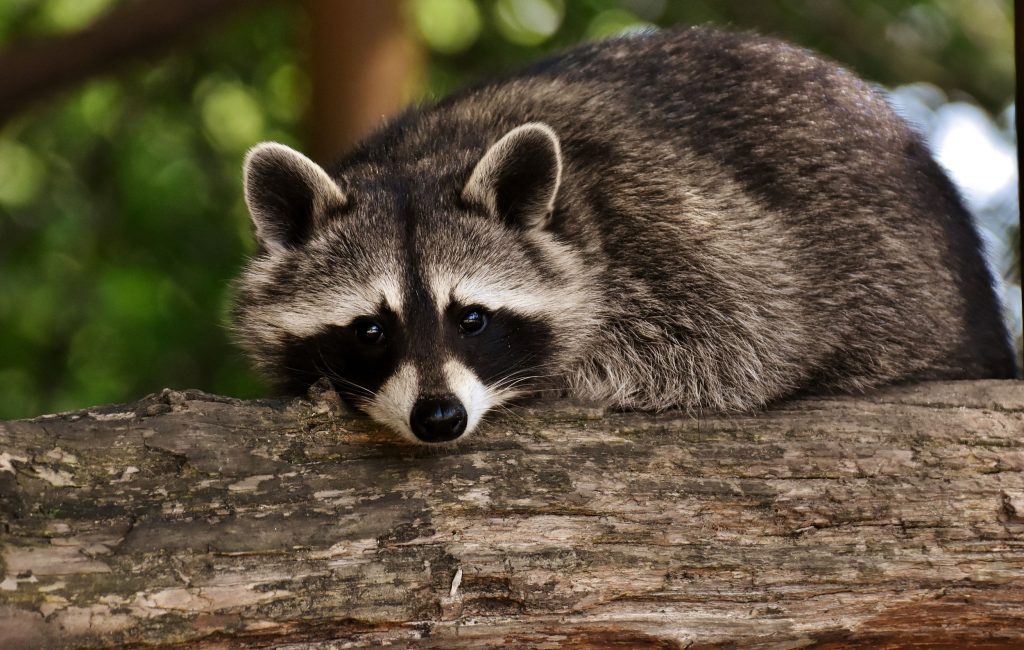To put it plain and simple, domesticating a wild animal goes against the laws of nature… literally. Not only is it illegal in more than half of the United States, but trying to keep a wild animal as a pet is dangerous to their species, your health, and everyone’s mental stability. Whether you’re thinking about adopting a serval cat, a fennec fox, a sugar glider, or a skunk – just stop yourself and say no. These animals are wild for a reason and it has taken thousands of years for them to evolve to their natural habitat and way of life. Read and consider these 4 reasons regarding the dangers of domesticating a wild animal before you purchase that wallaby from Australia.

[post_page_title]#1: Wild Animals Are Carriers For Disease[/post_page_title]
Bringing a wild animal puts you and your family members at risk of contracting a nasty disease. Rabies and salmonella (both lethal to humans) are just two of the diseases that are carried by skunks and amphibians, and they do so without showing any signs or symptoms. Monkies, a favorite exotic option for those involved in the pet trade, are carriers of the Herpes B Virus and you wouldn’t be abe to tell by looking at them.

[post_page_title]#2: Cute & Cuddly Becomes Dangerous & Difficult[/post_page_title]
Baby wild animals may look cute and cuddly when you get that as babies but soon enough, they grow up and grow into their instinctual urges and primal needs. Wild animals have special needs that can only be met by their natural environment and trust us when we say, they know the difference between where they are and where they’re supposed to belong. Animals who age in captivity become increasingly stressed and aggressive over time, which only heightens the risk of danger you put yourself and your family in. A domesticated wild animal will act out, destroy your furniture, and attack you if necessary.

[post_page_title]#3: You’re Doing More Harm Than Good[/post_page_title]
Once your domesticated wild animal grows up and acts out as a result of being captive in an unnatural habitat, you may consider releasing it back into the wild. The problem is, this animal will no longer be able to interact with its intended social group because it doesn’t quite understand itself. You’ll not only hinder their physical development and psyche, you’ll put this wild animal in a confused state of limbo where it wants to satisfy its needs but can’t function properly in the wild.

[post_page_title]#4: Death By Domestication[/post_page_title]
You threaten the survival of another wild species every time you capture it and try to take it into your home. We understand that the prospect of a warm bed with fluffy pillows should appeal more than a tree trunk with wet leaves but to a wild animal, that’s what they need to survive and be comfortable. Each year, wild animals who are captured and transported die en route to their new exotic, pet shop location. Animals that are taken from the wild die at a much faster rate than those who live out their lives in the woods or the jungle, which contributes to their endangered status more significantly than you’d expect.

Healthy snacks you can easily make yourself
We get it; we need to start eating healthier. But how is anyone supposed to make it through the day







